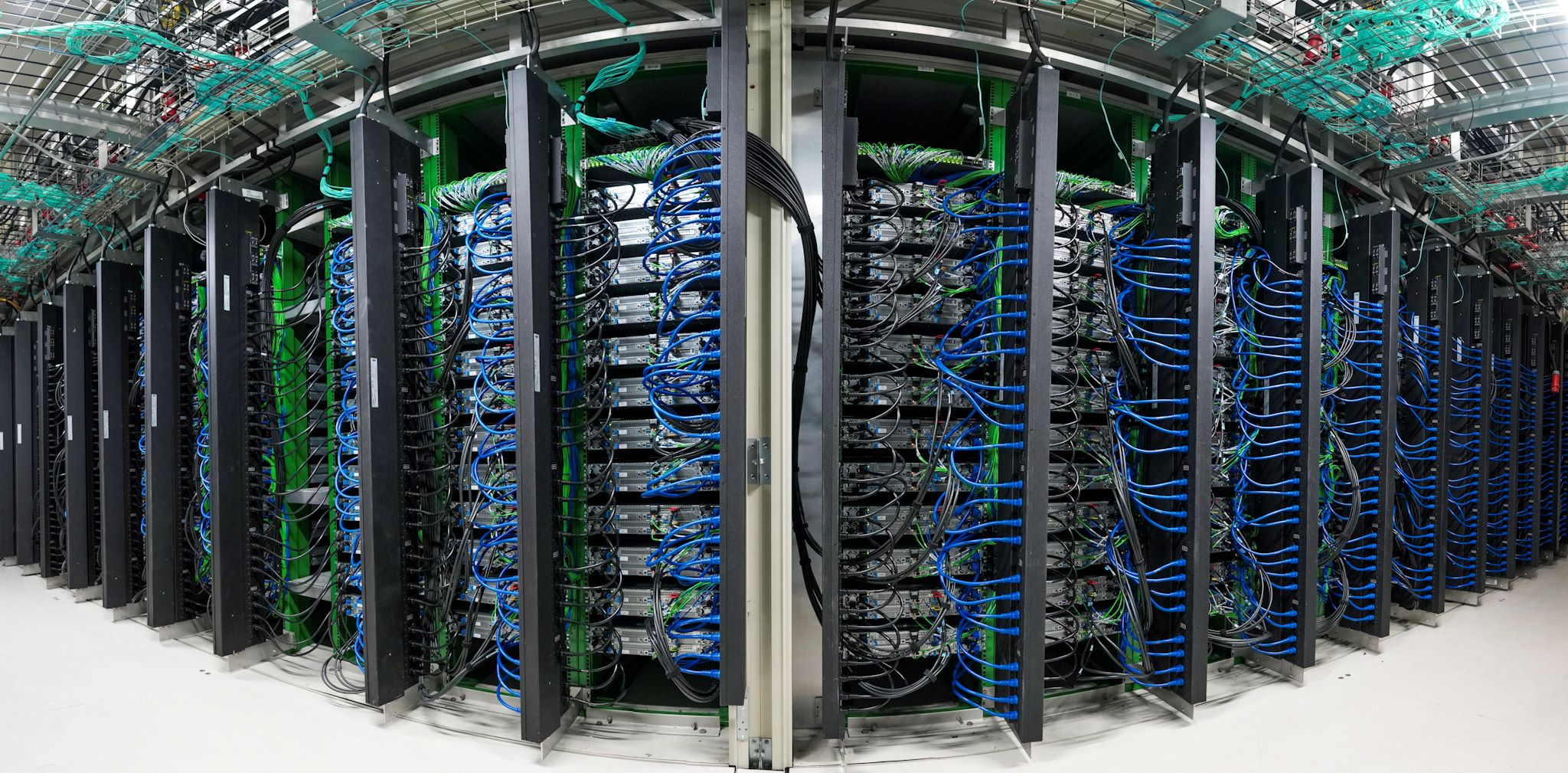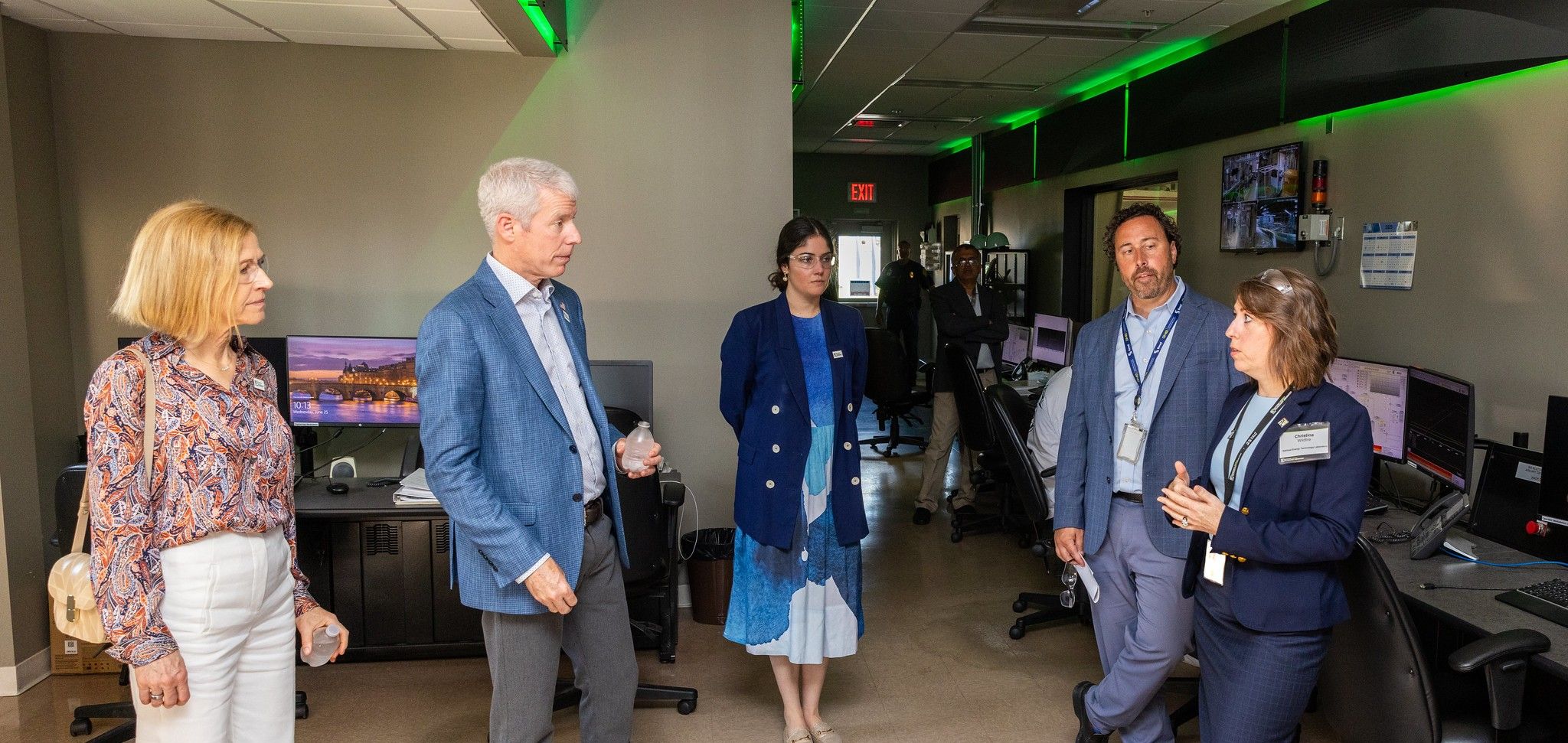Core Competencies

Computational Sciences and Engineering
NETL’s Computational Sciences and Engineering (CSE) directorate pioneers and applies simulation models, mathematical methods and algorithms, machine learning and software tools to discover novel energy materials and develop next-generation energy technologies. Our CSE capabilities leverage computational materials engineering, computational multiphase flow science, advanced scientific computing and data science to accelerate American energy innovation.

Energy Conversion Engineering
NETL’s Energy Conversion Engineering (ECE) directorate conducts application-driven research to advance chemical and energy conversion technologies. This helps U.S. industry produce power, fuels and chemicals with more flexible, efficient and cost-effective processes and systems. Our capabilities include critical mineral extraction, energy storage and utilization catalysts, converting waste streams to fuels and chemicals, dynamic control of integrated energy systems and experimental diagnostics.

Geological and Environmental Systems
NETL’s Geological and Environmental Systems (GES) directorate examines how to best leverage geologic reservoirs and resources to meet America’s critical energy needs. We apply data from field trials and laboratory experiments, combined with novel computational tools, to efficiently identify and recover critical minerals and materials (CMM), develop conventional and unconventional oil and gas resources and manage produced water.

Materials Engineering and Manufacturing
NETL’s Materials Engineering and Manufacturing (MEM) directorate designs and develops affordable, durable materials for energy applications at scales and by methods that readily translate to industrial practice. These materials convert domestic fossil energy resources into abundant power and valuable products, including critical minerals and materials (CMM), to strengthen the reliability of our nation’s energy systems and ensure America’s resilient energy future.

Strategic Systems Analysis and Engineering
NETL’s Strategic Systems Analysis and Engineering (SSAE) directorate advances American innovation through astute analysis, optimizing decision-making for complex, multi-scale energy systems. Our researchers provide market and technical insights that help the U.S. Department of Energy (DOE) and other partners identify new energy concepts, assess new technology ideas and analyze how energy systems interact.

Program Execution and Integration
NETL’s Program Execution and Integration (PEI) functions are powered by highly trained management experts that are effective technical managers, communicators and quality assurance analysts able to assess technical risks, assist with technical problem solving, and evaluate and manage project risk. Through integrated technical and business teams, NETL defines, solicits, negotiates, awards, manages and delivers federally sponsored research and development benefits to the nation.



